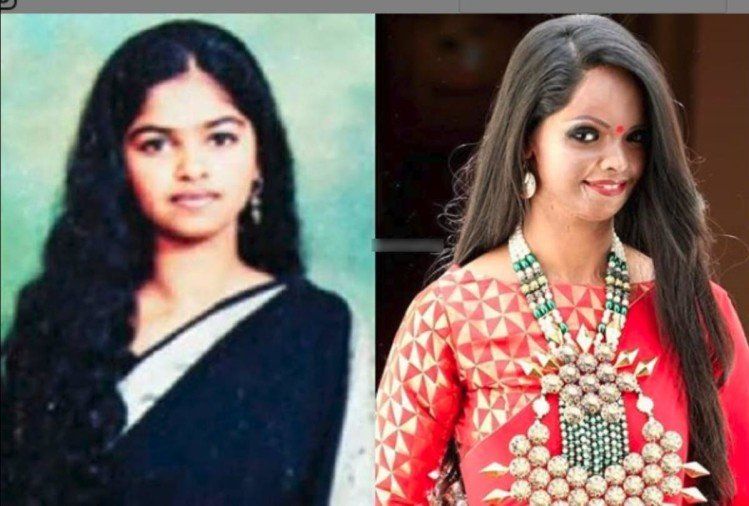0
Empower women.
Dec 15th, 2020 | by SHREYA DAS
Have humans lost humanity? is the first thing that comes to our mind when we think about crimes against women. Every year, in fact every day, crime against women is on a hike. We often hear charity begins at home but are women safe inside their very homes? Cases of female infanticide, child marriage, dowry and even sati have prevailed and cases of domestic violence are constantly increasing. Women don’t really feel safe and secure in India.
The number of rape cases in 2017 was 32,559 which had gone up to 33,356 in 2018. The punishment imposed by the court is imprisonment for not less than 10 years and can be extended to imprisonment for life. Even this could not reduce the number of rapes and thus females are not safe. Coming to acid attacks which are increasing, According to ‘Acid Survivors’ Trust International’ it is 1000 cases every year. Acid attack has been recognised as a crime under sections 326A and 326B, inserted in the IPC by The Criminal Law (amendment) Act, 2013.

Miss Laxmi Aggarwal (An acid attack survivor)
who became a campaigner for the rights of acid attack victims
We often hear the saying that if you educate a man, you will be educating just one person but if you educate a woman, you will educate a whole family. We still find that 68% of illiterate adults are only women in India. Women and girls combined represent 60% of chronically hungry people. Discrimination on the grounds of gender is an age-old problem in our country. Right from birth, girls are considered to be a drawback for the family. Parents always think that males will grow up to become the helping hand of the family and will serve as their support; whereas, in the case of a female, parents have a fear of dowry and the expenses of marriage, fear from abuses like rape, etc. In Uttar Pradesh, girls from the lower class are raped by males of higher classes when the girls go out for farming radish in the fields. This has turned out to be like a tradition and has been continuing for years. Can you imagine rape being a tradition?
Cases of female infanticide, which had been banned back in 1870 by passing of The Female Infanticide Prevention Act, is still very much persistent in India in the 21st century.
Domestic violence is the dominance of males over females. It can be sexual violence, emotional violence, psychological violence, spiritual and cultural or verbal violence. The act of domestic violence towards women is a human rights violation as well as an illegal act under the Indian law. In 2018, over 16 women out of every 1,00,000 across India experienced domestic violence. Dowry is an age-old custom where the husband and his family pressurize the wife and her family to give money and expensive goods to them during the marriage. Uttar Pradesh, followed by Bihar recorded the highest dowry-related deaths. Failing to satisfy the groom’s family, often brides commit suicide and sometimes even get killed by the groom. Dowry issues cause 1.4 deaths per 1,00,000 women. The Dowry Prevention Act was enacted on May 1, 1961 and intended to prevent giving and receiving dowry.
Sati Pratha is also an age-old parampara (tradition) where widows are burnt alive along with the dead body of their husband. This act is long forbidden by the efforts of Raja Rammohan Roy as a result of which, a Commission of Sati (PREVENTION) Act of 1987 came into effect.
The Child Marriage Prevention Act was formulated for fixing the minimum age for girls to get married at 18 years and that of boys at 21 years. An estimated 1.5 million girls got married in 2017 at the age of 14.
I would like to conclude by saying we should stop thinking of females as a burden. We must all put our hands forward for building a nation that is safer for all women. Equality in all aspects should be our motivation. Girls have proved themselves many times, whether she is Kalpana Chawla, P.V. Sindhu, Bhanu Athaiya, etc.
_____________________
Women have proven to be jewels. They are not lesser than men in our society. Make India and the world proud by making it a safe place for them.
0
Author